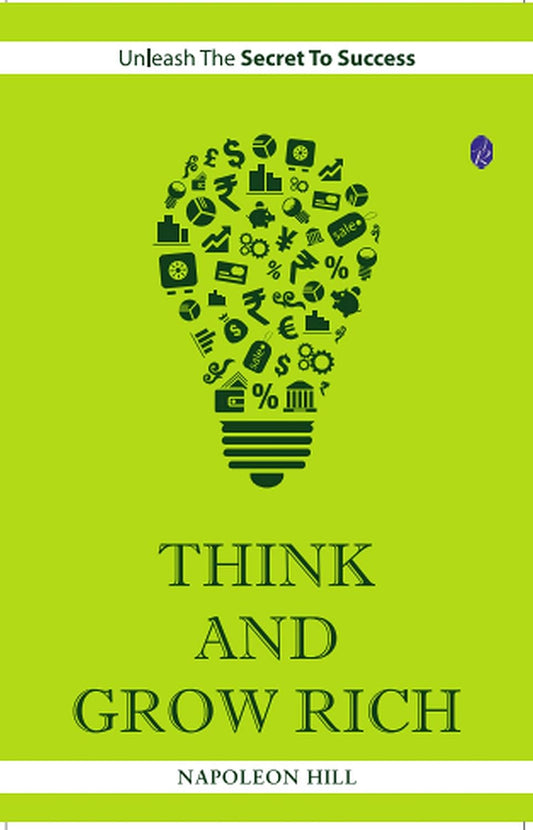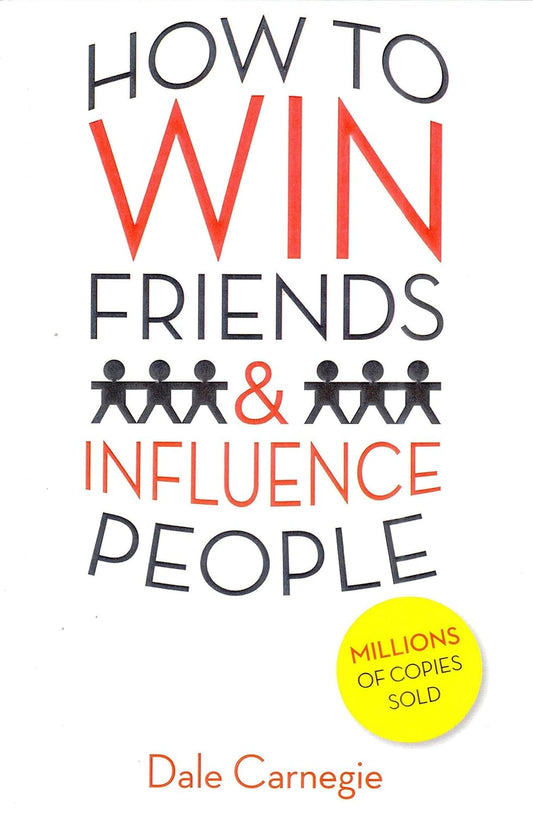Reading is one of the most rewarding habits everyone has to have. But most of us fall into bad reading practices that make it hard to enjoy books and information. Whether you're a casual reader or an avid bookworm. Even the smallest bad book reading habits can impact reading experiences.
Most of the bad reading habits can break and able make a few adjustments. So that you can become a more intentional book reader.
Here are some common bad reading habits to look out for and tips on how to improve them:
1. Reading Without Purpose
Why it’s bad: One of the most common bad habits is reading without a clear goal. You might pick up a book because it’s there or because it seems like something you “should” read.
Reading a book without a specific purpose, you’re likely to lose focus. Reading can lead to mindless consumption of material. Which makes it hard to absorb or keep any key takeaways, turning reading into a less enjoyable task.
How to improve: Before you start a book, take a moment to set clear intentions. Are you reading to learn something new, to escape into a fictional world, or to relax before bed?
Setting goals for your reading whether it's for personal growth or leisure. Which helps you stay engaged and makes your reading experience much more fulfilling.
2. Skipping Ahead
Why it’s bad: While it can be tempting to flip ahead to a more exciting part of the book or read the last page to know the outcome. Skipping ahead can spoil the plot and cause you to miss out on essential details.
It disrupts the natural flow of your reading. It prevents you from immersing yourself in the experience.
How to improve: Practice patience and allow the story or information to unfold at its own pace. If you feel anxious about the ending, resist the urge to peek. Embrace the suspense or slow buildup that the author has well crafted.
3. Multitasking While Reading
Why it’s bad: In today’s digital age, it’s easy to get distracted while reading. Checking your phone, watching TV, or even scrolling through social media while trying to read a book. This habit can reduce your ability to concentrate.
Which leads to poor comprehension and less enjoyment. When your attention is divided, you’re not giving the material the focus it deserves.
How to improve: Dedicate specific, uninterrupted time to your reading. Put your phone on silent, turn off the TV, and create a quiet, comfortable space to read. Involve yourself in the book. Allow your mind to be completely absorbed in what you are reading.
4. Poor Posture
Why it’s bad: Reading in uncomfortable positions slouching or lying down in awkward spots, can lead to physical discomfort. If you’re not sitting in a way that supports your back and posture. You’ll grow fatigued, and your focus will shift from the book to your discomfort, hindering both enjoyment and comprehension.
How to improve: Find a comfortable, ergonomic reading position. Use a chair or cushion that supports your back, or invest in a good reading light if you tend to read in bed. Proper posture helps you stay focused for longer periods. Allow yourself to enjoy your reading session without physical distractions.
5. Rushing Through Books
Why it’s bad: Many readers rush through books to finish them quickly, especially when there’s a deadline (like a book club meeting or a challenge to complete a certain number of books in a year). Speed-reading without engaging with the content often leads to poor retention. Especially with complex or thought-provoking books.
How to improve: Slow down and savor the book. Take your time to digest what you’ve read, especially with dense or complex texts. If necessary, read passages more than once to truly understand the ideas being conveyed. Don’t rush; enjoy the journey.
6. Avoiding Difficult Books
Why it’s bad: It’s easy to stick to books that are light, simple, or comforting. However, avoiding challenging books can limit your growth as a reader. You might miss out on opportunities to expand your mind or build your vocabulary.
How to improve: Push yourself to read more challenging material. Even if it requires good effort. A difficult book might seem intimidating at first. But it can be incredibly rewarding and intellectually stimulating. You’ll grow as a reader by embracing these challenges, and you’ll be better prepared for future reading experiences.
7. Not Taking Notes or Highlighting
Why it’s bad: Especially with non-fiction or informational books not taking notes or highlighting key ideas can make it harder to important points. If you don’t actively engage with the book. You might forget important concepts or fail to recall them when you need them most.
How to improve: Develop a habit of highlighting or underlining important sections as you read. Take notes in the margins or keep a separate notebook for key takeaways. Writing down thoughts, summarizing sections, or making connections with other ideas. It will reinforce your learning and help you keep more of what you read.
8. Reading Without Reflecting
Why it’s bad: Reading without taking time to reflect on what you’ve read can lead to a lack of deeper understanding or personal connection with the book. Skimming through a chapter without absorbing the lessons or insights is a missed opportunity for growth.
How to improve: After finishing a chapter or section, pause to reflect on what you’ve just read. Ask yourself how the books relate to your life or what you can learn from them. Take a few minutes to process the information rather than jumping straight into the next section.
9. Ignoring the Importance of Pacing
Why it’s bad: Reading too fast can make you miss essential details while reading too slowly might cause you to lose momentum or interest. If you struggle to find the right rhythm, the entire reading experience can become frustrating.
How to improve: Adjust your pace based on the book you're reading. For more complex or dense material, slow down and take the time to understand each point. For lighter reads, you might read faster to maintain engagement. Finding a natural pace that fits the content and your energy level will make your reading experience more enjoyable.
10. Not Revisiting Books
Why it’s bad: Some books are so impactful that they’re worth revisiting, but many readers neglect to re-read books once they’ve finished them. By not revisiting books, you miss the opportunity to deepen your understanding or catch insights you may have overlooked the first time.
How to improve: Don’t be afraid to revisit books that left a lasting impression on you. Re-reading complex or meaningful texts helps you deepen your understanding and gain fresh insights. Over time, you may notice different layers of meaning or better relate the content to your life.
Final Thoughts
By identifying and breaking these bad reading habits, you can enhance your reading experience. Retaining more information, and develop a deeper connection to the book you read.
Reading should be a fulfilling and rewarding activity with a few adjustments to your approach. You can unlock a world of knowledge, entertainment, and personal growth.
So, next time you pick up a book, consider how your habits affect your reading. And make small changes that will help you become a more mindful, focused, and engaged reader!









